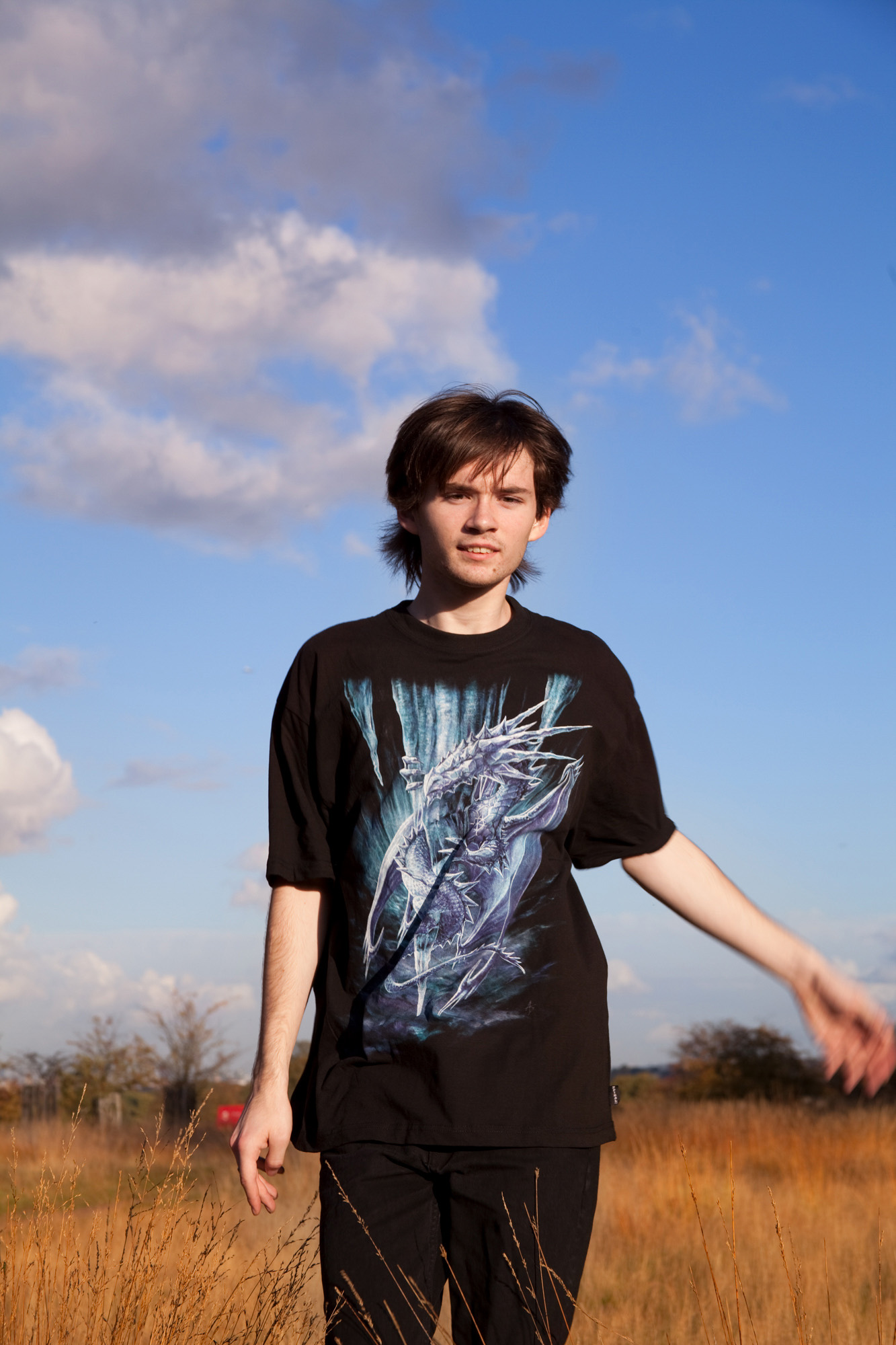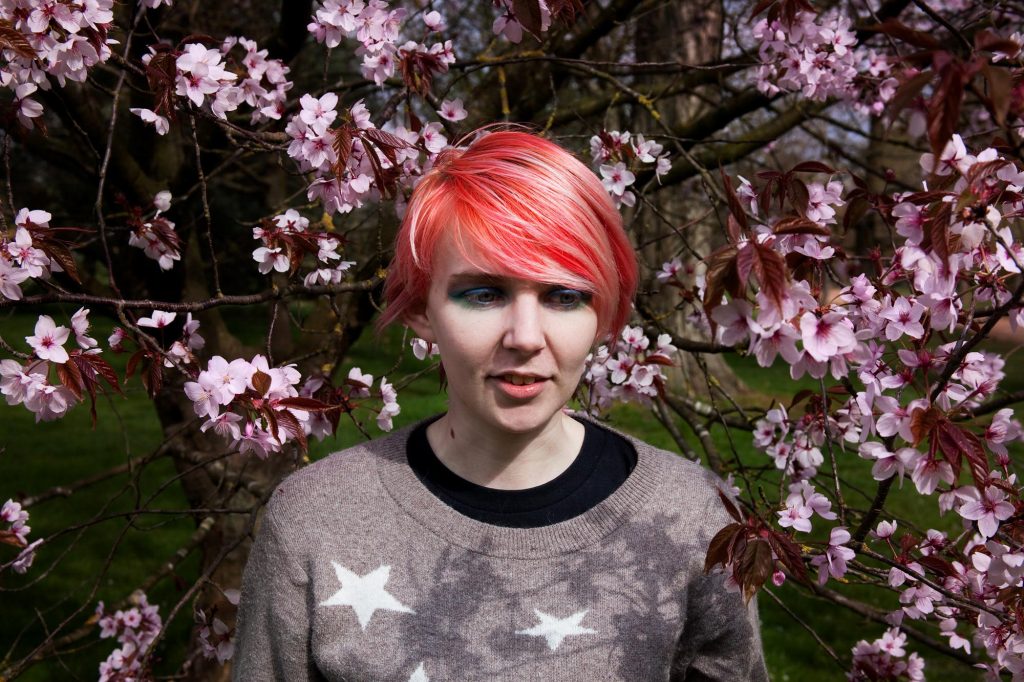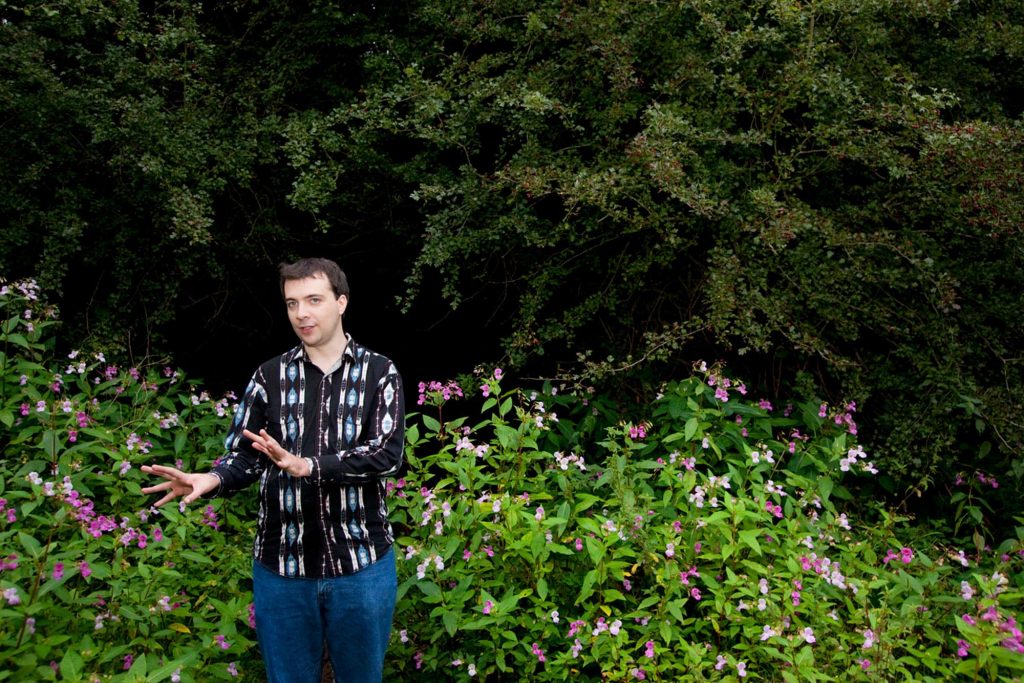Asexual project published in Vice

A project I began work on five years ago has recently been featured in Vice. From 2010, in conjunction with my sociologist friend Mark Carrigan, I embarked on a project documenting asexuals around the UK. It was a fascinating task – people knew very little about asexuality when I started, and the people I snapped were really keen to increase awareness. Photographing them raised a lot of questions for me too. Why has sex come to define us so heavily in the past few decades? How has the internet brought pockets of society together and helped them understand themselves? Before asexuals had a discussion area on the internet (AVEN, started in 2001), communicating their experiences with each other and meeting fellow asexuals was very difficult. Through these pictures I aimed to focus on the texture of sitters’ lives and characters, as well as their asexuality, to build up a varied picture of asexuality in the UK today.

VICE excerpt: (by Mark Carrigan, a doctor in sociology at Warwick University)
Do you know any asexuals? It’s a question that can seem baffling. Until recently, it probably provoked little more than a dim recollection of secondary school biology. But that began to change about 15 years ago, when an American student called David Jay established the Asexuality Visibility and Education Network, otherwise known as AVEN.
David was frustrated at the lack of information that the LGBT office that his university was able to provide about people who don’t experience sexual attraction. What he hadn’t expected was how rapidly this basic website would grow into a sprawling online hub for people like himself. With AVEN, an online community of asexuals began to coalesce, and with the website came the journalists and academics – curious people like me.
Research suggests you might know some asexual people, even if you don’t realise it. It’s estimated that around 1 percent of the UK population is asexual, even if they don’t (yet) define themselves as such.
The criteria? Never feeling a sexual attraction to anyone at all.
I’m a sociologist based at the University of Warwick and first conducted research into asexuality in 2009. Finding the work fascinating, I’ve been exploring issues related to asexuality ever since. My research was initially concerned with asexual identity, asking how someone might come to identify as asexual, but I soon realised that we can’t understand why the identity “asexual'” has emerged without looking at broader cultural attitudes relating to sex.
When I conducted a research study into the thoughts and feelings of asexuals, it surprised me how similar the experiences were of the roughly 200 people who took part. They were all different in so many ways, but were united in having been made to feel there was something fundamentally wrong with them because they didn’t experience sexual attraction. They felt “weird”, “broken” or “fucked up” – phrases that came up time and time again.
Often, it was people that genuinely cared about them who made them feel that way. Ben (photographed below) explained how his parents laughed at him when he told them he was asexual and still, to this day, don’t seem to believe it.
In other cases, people described deliberate cruelty. One person who took part in my research described how other students in her university halls put sex toys in her breakfast cereal. One man, Vincent, says he was reluctant to tell people he was asexual because of his unwillingness to “endure people trying to tell me I’m wrong, too young or just haven’t met the right person yet.”
read the full article here.
